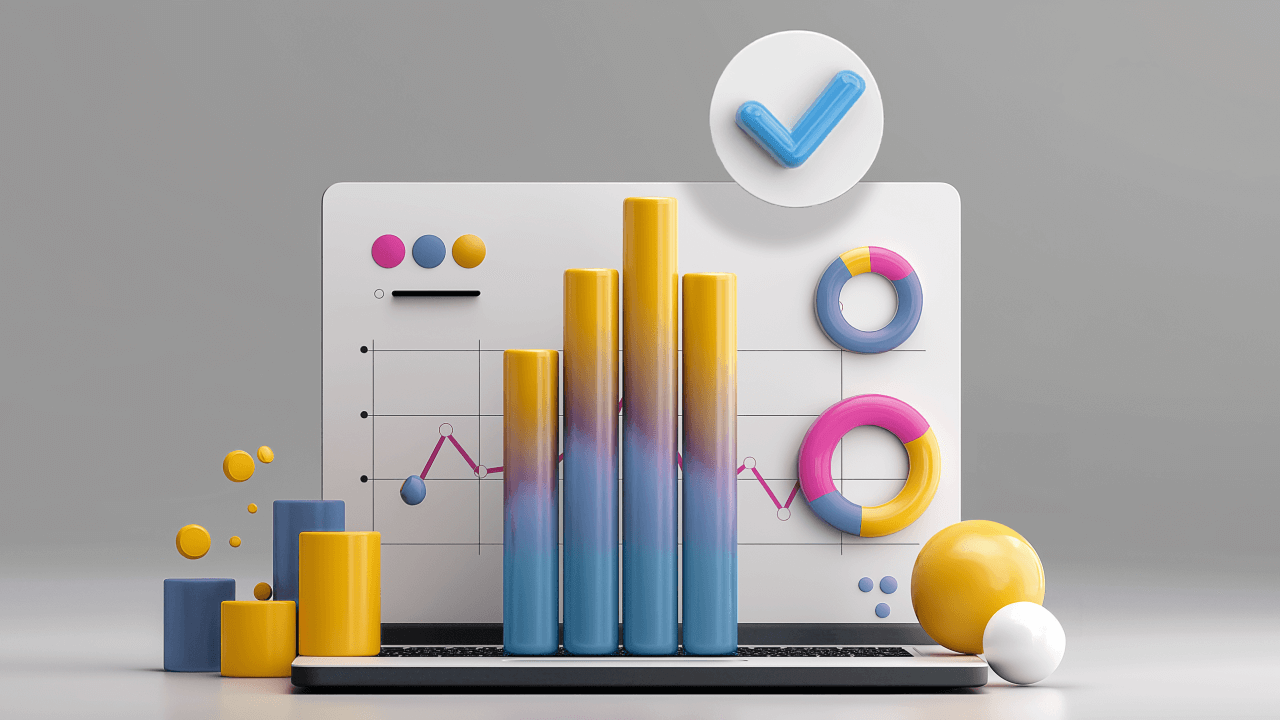Understanding competition through business intelligence

Surpassing competition has become the key to success in business. No matter what industry you’re in, chances are there are others trying to do the same thing as you. In order to stay ahead of the competition, it’s important to understand what they’re doing and how they’re doing it.
Imagine if you could see into the future and know what your competition was going to do before they did it. Business intelligence can give you this competitive edge. By gathering available data on your competitors and analyzing it, you can gain insights that will help you make better business decisions.
In a world dominated by “big data,” it can be difficult to know where to start. Business intelligence tools can help you collect and organize public data about competitors so that you can make sense of it all. By understanding your competition, you can adjust your own strategies and operations to stay ahead of the pack.
Let’s get started by taking a look at what competition is and how it can be used to your advantage.
The competitive edge
In business, it’s not enough to be good. You have to be better than your competition. This has always been true, but in today’s world, it’s more important than ever.
With the Internet and social media, customers have more choices than ever before. They can easily find out about new products and compare features and prices. If they don’t like what they see, they can quickly move on to something else.
This means that businesses have to work harder than ever to stand out from the crowd. They need to offer better products and services at a lower price–all while still making a profit.
Fortunately, there are ways to take advantage of the myriads of data that are generated every day. With the right business intelligence tools, you can collect data on your competitors and use it to make better decisions for your business.
What is business intelligence?
Business intelligence (BI) is a term that refers to the process of gathering data and using it to make better decisions. It’s about more than just collecting data, however. It’s also about understanding that data and using it to improve your business.
There are many different ways to collect data, but not all of them are considered business intelligence.
For example, if you use customer surveys to gather data, that is not considered BI. However, if you take that data and use it to improve your product or service, then it can be considered BI. In order to be considered business intelligence, data–no matter how it was generated–must be used to improve some aspect of your business.
There are many different tools and techniques that can be used for business intelligence. We will discuss some of these later in the article.

Why use business intelligence?
As we mentioned earlier, competition is a major factor in the success of a business. In order to stay ahead of your competitors, you need to understand what they’re doing and how they’re doing it. This is where business intelligence comes in.
You can use BI tools to collect and analyze data on your competitors. This data can be used to understand their strategies, operations, and marketing. With this information, you can make better decisions for your own business. The goal is to use the information you gather to make your business better than your competition.
There are many different ways to use business intelligence. In the following section, we will discuss some of the most common ways that businesses use BI.
Improve marketing
One of the most common ways to use business intelligence is to improve your marketing. By understanding your competition’s marketing strategies, you can develop your own strategies that are more effective.
For example, let’s say you sell products online. You can use business intelligence to collect data on your competitors’ prices, shipping methods, and customer service. With this information, you can capitalize on your competitors’ weaknesses and missed opportunities to rise above the competition.
Develop better products
Another common way to use business intelligence is to develop better products. By understanding your competition’s products, you can develop products that are more competitive.
For example, let’s say you’re part of a software company. You can use business intelligence to analyze data about your competition’s software. This will give you an idea of what features are important to customers and what features are not. You can then use this information to develop software that better meets customers’ needs.
Improve your operations
Another common way to use business intelligence is to improve your operations. By understanding your competition’s operations, you can develop your own operations that are more effective.
For example, let’s say you run a manufacturing company. You can use business intelligence to collect data on your competitor’s manufacturing process. Elements such as production time, quality control, and cost can be analyzed. With this information, you can develop your own manufacturing process that is more efficient.
You can also use business intelligence to improve your customer service. By understanding your competition’s customer service, you can develop a better customer service strategy. This can help you attract and retain more customers.
There are many other ways to use business intelligence. These are just a few of the most common ways that businesses use BI.

10 practical tips for using BI
Now that you know how to use business intelligence, here are some practical tips for using BI with regard to your competition so that your organization can improve:
1. Collect data on your competitors. This can be done through market research, surveys, interviews, and observation. Stay ethical with your research—you don’t want to break any laws.
2. Analyze this data to understand their operations, marketing, and other strategic efforts.
3. Use these insights to develop your own strategies in operations, marketing, and other areas. Make sure your strategies give you an edge over your competition.
4. Implement your new strategies and monitor their effectiveness. Be sure to adjust your strategies as needed.
5. Be sure to keep your data up to date. The competitive landscape is constantly changing, and you need to stay on top of it.
6. Use multiple sources of information. Don’t just rely on one source of data. Use multiple sources to get a more complete picture of your competition.
7. Keep an open mind. Be willing to change your own strategies and operations based on what you learn from your competition.
8. Be flexible. You need to be able to roll with change in your industry and grow with it.
9. Be persistent. Business intelligence is an ongoing process. You need to be dedicated to it in order to be successful.
10. Have fun. Remember, business intelligence is a tool for making better decisions. It’s not meant to be a burden.
Use BI to stay ahead of the competition
By understanding and using business intelligence, you can stay one step ahead of the competition.
Use BI to analyze data about your competition, develop better products, and improve your operations. By doing this, you’ll be able to make better buseinss decisions and surpass your competitors.
Make sure to invest in the best business intelligence tools to stay ahead of the curve. You’ll want to have the right tools to effectively improve your business decision-making.
Domo transforms the way these companies manage business.








